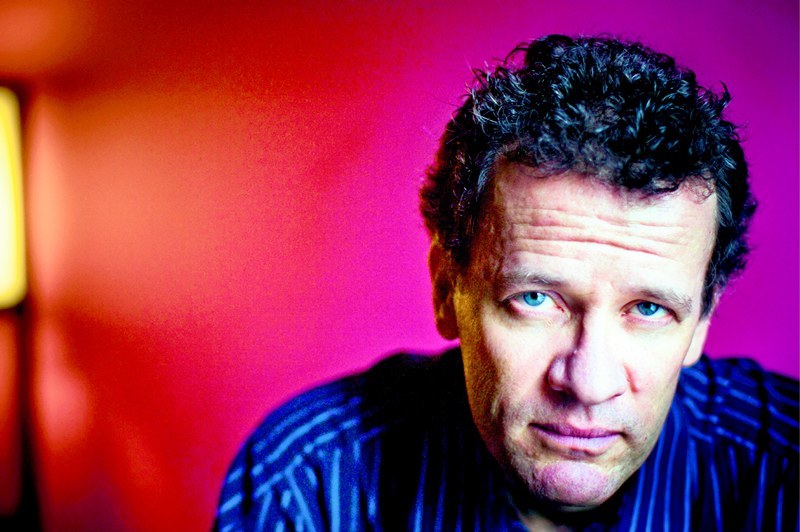The fourth Dundee Literary Festival is under way, and is co-sponsored by The Courier.
It brings authors, poets and workshops to the Dalhousie Building at Dundee University 30 events in total, including the announcement on Saturday of the £10,000 Dundee International Book Prize winner.
The festival ends on Sunday with a day-long comic conference, with appearances by some of the most exciting names from comics and graphic novels.
The programme opened ambitiously but appropriately with the unveiling of the Dundee Arts Cafe, intended to harness the brightest ideas from Dundee University and beyond.
Come September, the Arts Cafe will meet monthly at The McManus, with a speaker/discussion format.
By far the most important ingredient on the cafe menu was tea.
It was brought to the boil nicely by Peter Kitson, the university’s Professor of English for the past decade.
In The War for Tea: China and the British Imagination, Professor Kitson discussed how tea, the Bible and opium dominated the early history of these two great world empires we gave them opium, they gave us tea and highlighted the lasting effects of these encounters which stayed with us.
With spoonfuls of contemporary evidence, he seasoned his brew by exploring how today’s economic powerhouse had a parallel in the 18th century when China was admired as a civilisation more refined and advanced than the nations of Europe.
Yet, by the end of the 19th century, China was on the back burner of acceptability, dismissed as backward-looking, barbaric and badly in need of British technology and religion.
Professor Kitson’s research is the fruit of his Leverhulme Trust-funded study into the relationship between Britain and China in the 18th and 19th centuries and this passage from sinophilia to sinophobia.
Fittingly for a literary festival, it will result in a book in which he will explore this shift in thinking and how the nations viewed each other in books and travel writing, not least the orientalist paranoia created by the fictional Dr Fu Manchu from 1912.
The second of the first night’s events was a party to launch the festival and to mark the publication of New Writing Dundee, the latest and grandest in a series of anthologies stretching back to a kernel of an idea four years ago to publish work from creative writing students at the university.BeautifulThe choice of contents, for me, was Rome, a gentle but beautiful observation of Italian life by final-year student Clare Olivia Skelton and, to continue the day’s Empire theme, an absorbing tale about a woman obsessed by Victorian society and culture, by Albert Lehzen.
In a week when Guy Browning dismissed poetry on Radio Four’s Off the Page show-no word rhymes with “poetry” so it must be bad-the poetic contributions to New Writing Dundee poke him in the eye with the likes of Medical Records by former Dundee Book Prize winner Andrew Murray Scott.
An excerpt: And here I sit, enthroned lord of the files, master of the monthly stats,shuffling paper: in-patient, out-patient,sole keeper of the ECT log-book,imagining all the places my thoughts can reach.
Embracing new and established writers, New Writing Dundee features over 50 contributions spread over an impressive 300-plus pages.
Literary fireworks for a fiver and available now.
Full details of the Dundee Literary Festival programme are available here.
